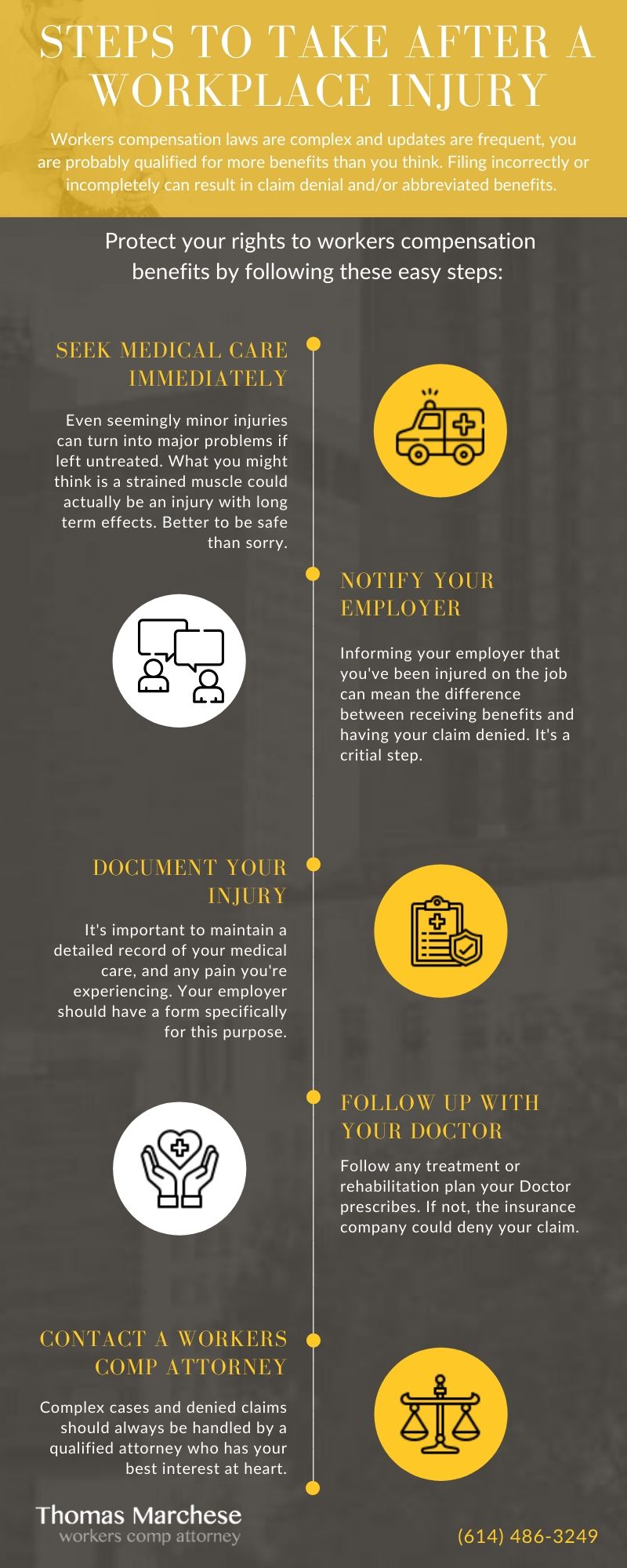
Can working from home cause a repetitive stress injury?
When you think of work-related injuries, you probably think of visible traumatic incidents that cause injuries like broken bones, brain injuries, or spinal cord trauma. What you probably don’t think of, are repetitive stress injuries.
What is a repetitive stress injury?
Perhaps the repetitive stress injury (RSI) most people are familiar with is carpal tunnel syndrome, which is a repetitive stress injury that occurs when the “carpal tunnel,” located on the lower side of a person’s wrist, is compressed for extended periods of time. This syndrome is most commonly associated with those who work at a computer and type on a regular basis. Something which we’re all doing more and more since our work lives has shifted to home.
Usually, employers provide training and enhanced ergonomic office equipment to employees in an effort to mitigate the risks that workers face in these situations. However, COVID-19 has significantly changed the workplace landscape. While working from home has been a welcome change for many people, particularly those who no longer have to battle Columbus traffic, most employees who now have to work from home don’t have the appropriate office setup to prevent carpal tunnel syndrome.
We can expect to see a rise in workers’ compensation claims related to carpal tunnel and employers need to seriously consider purchasing or lending their workers the equipment they need to perform their job safely. This can include ergonomic desks and chairs, as well as modified keyboards and other equipment designed to reduce the risk of developing carpal tunnel.
What are the symptoms of carpal tunnel?
Carpal tunnel syndrome symptoms usually start off as mild symptoms that gradually become worse. Some of these symptoms include:
- Tingling or numbness. You’ll most likely notice this in your fingers or hand, usually in the thumb and index, middle, or ring fingers. You may feel a sensation like an electric shock in these fingers as well, that can travel from your wrist up your arm. You’ll most likely notice these symptoms while holding a steering wheel or your phone, or they might wake you in the middle of the night.
- Weakness. You might experience weakness in your hand or notice that you’re dropping objects more than usual. This could be due to the numbness in your hand or weakness of the thumb’s pinching muscles.
Can I get workers comp for carpal tunnel?
- If you or somebody you care about has sustained a repetitive stress injury and are having trouble receiving compensation, contact Tom Marchese today. Workers compensation in Columbus is all we do, and we work to secure the following on your behalf:
Coverage of injury-related medical bills - Lost income if you’re unable to work while you recover
- Possible long-term disability benefits
COVID-19 has significantly altered the way many people work. However, that does not lessen the responsibility that employers have to keep their workers safe. When you need a Columbus workers compensation attorney, contact us for a free consultation.





